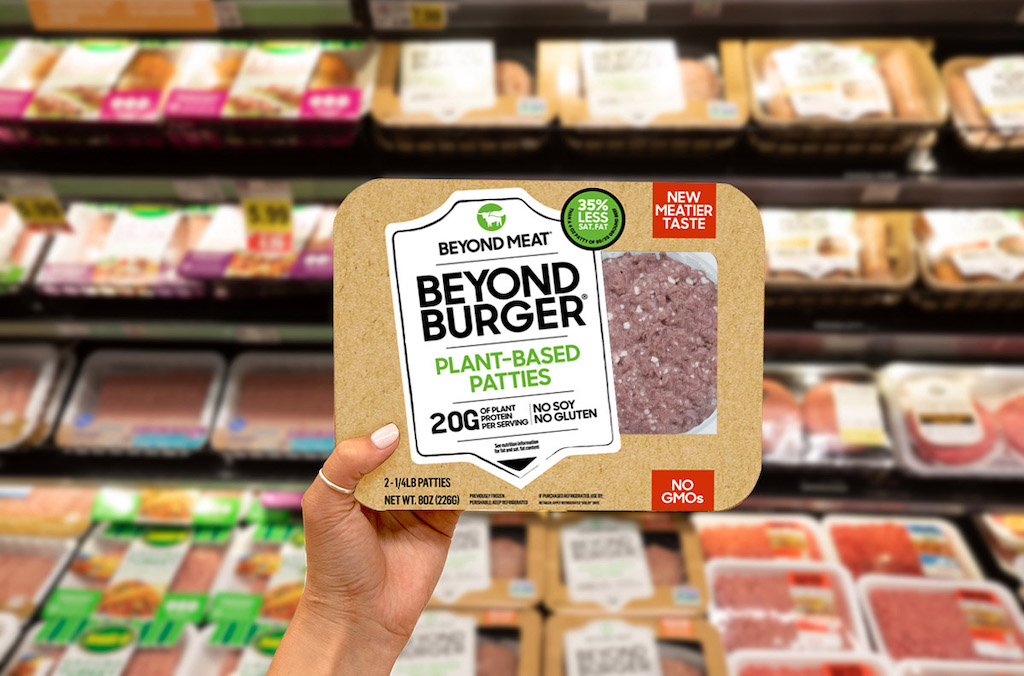64% of Americans Have Never Been Asked To Eat More Plant-Based, Despite the Climate Benefits: Yale Study
3 Mins Read
A new report by Yale University’s Program On Climate Change Communication shows that many Americans find it difficult to commit to buying and eating plant-based foods, and 20% are not aware of the connection between plant-based foods and the climate crisis. Further, 64 percent reported having never been asked to eat more animal-free foods despite more than half of the respondents knowing meat production exacerbates climate change.
The study by Yale’s Program On Climate Change, part of the University’s School of Forestry & Environmental Studies, illustrates the disconnect between food and climate change for most Americans. Despite more than 50 percent of respondents acknowledging that meat production impacted climate change to some degree, more claimed to have not been asked to consider their diet. Or making changes to it accordingly.
The nationally representative survey was conducted in December 2019. 1,043 adults (18+) took part. Results are considered to have a 95 percent confidence rate.
America’s disconnect with climate change
Emerging from an era defined by the spreading of ‘fake news’ on social networks and agenda-backed online media, Americans appear wary of climate change reporting. The onus of responsibility to educate lies squarely with objective researchers. The Yale data must be used to cut through misinformation and hearsay, but without governmental support, it’s unlikely that lasting change will happen.

While President Biden has announced plans to cut the U.S.’s greenhouse gas emissions (GHGs), he has remained tight-lipped about animal agriculture and meat production. Sixty percent of all GHG emissions created by the food industry can be attributed to meat, but a large portion of U.S. citizens don’t seem to know or believe this. The Yale data reveals that one in five Americans do not think there is a link between meat production and climate change at all. A further one in five just “didn’t know”.
Changing the narrative around animal food
Eighty-one percent of respondents saying that they prefer meals with meat and/or dairy showed a lack of forward motion. The USDA reports that the average American consumed 144 pounds of meat per year in 2017.
There are schools of thought that suggest meat consumption may have stalled, albeit at a high rate. It remains difficult to accurately assess consumption trends, but one study found that levels were static; leaving room for evolution. Companies such as Impossible Foods and Beyond Meat, both of which are focussed on creating vegan meat that taste and perform just like conventional options, offer a solution, but cost remains a blocking point.
The Yale study found that 58 percent of participants don’t buy plant-based food because it is too expensive. The findings noted: “On average, Americans with an annual household income of less than $50,000 are more likely than are Americans with higher household incomes to experience several barriers to purchasing or eating plant-based foods.” This aligns with longstanding associations between mean and status, particularly in the U.S.
The overarching theme of the study’s findings appears to be that plant-based foods are perceptually and financially prohibitive, and sometimes culturally. But the researchers say there is some positive data to work with.
“Although a majority of Americans do not consider themselves to be vegetarians or vegans, most Americans are willing to eat more plant-based foods, and more than half are willing to eat less red meat,” claims the report summary.




